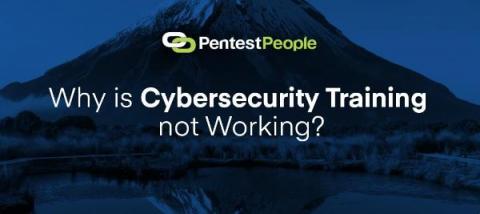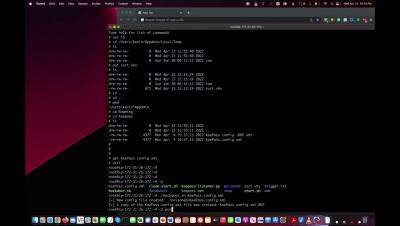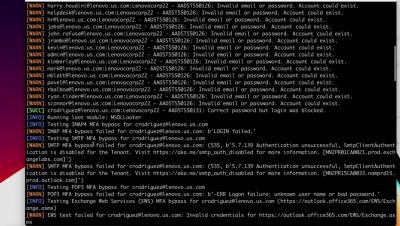Why is Cybersecurity Training not Working?
Cybersecurity threats are constantly evolving, and organisations need to stay ahead of these threats. This is to protect their data and systems. Data breaches cost the UK an average of £2.9 million per breach, 82% of breaches involving the human element. Moreover, those factors alone are usually enough to convince people that cybersecurity awareness needs improving and training to mitigate this. One way they can do this is by providing employees with cybersecurity awareness and training.











